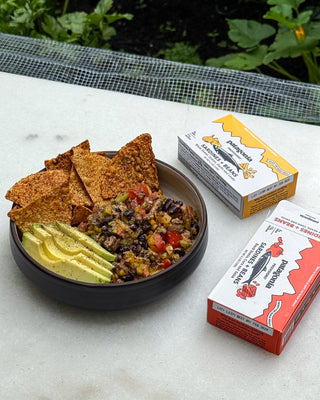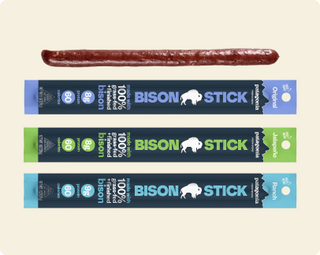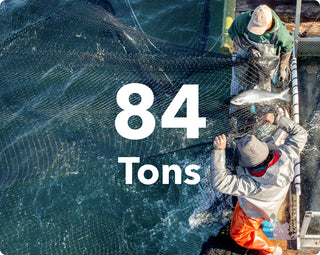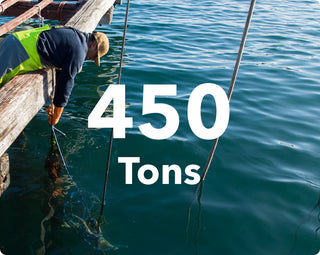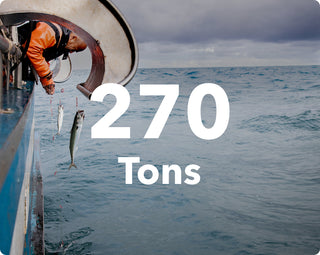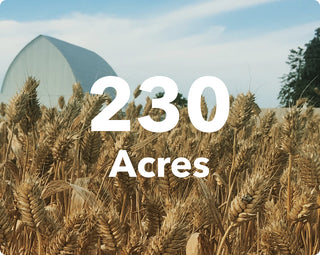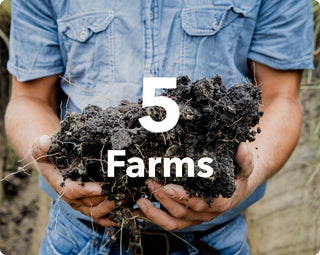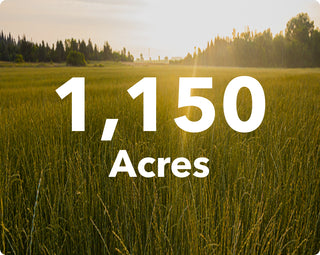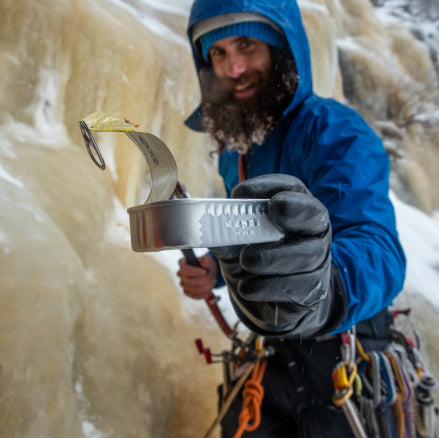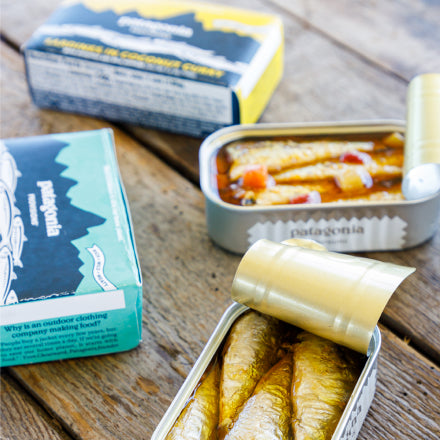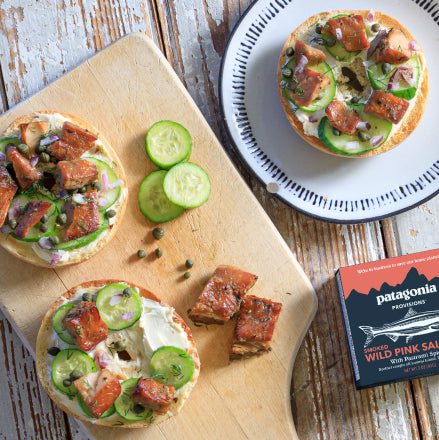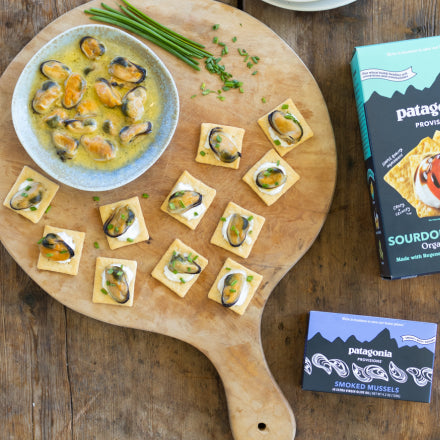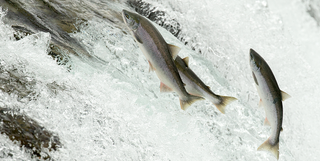
Our Impact
We founded Patagonia Provisions for one reason: to make delicious, nutritious foods that help fight the environmental crisis. How? By farming and fishing in ways that regenerate and protect our planet, often drawing on pre-industrial practices. Our foods are the results of these efforts—clean, simple and full of flavor.
Our business gives back to the earth in other ways, too, through the 1% for the Planet initiative and our work as a Certified B Corp (see below).
Photo: Amy Kumler
What We’ve Done So Far
Funding given to grassroots groups by Patagonia Provisions to build environmentally and socially beneficial food systems
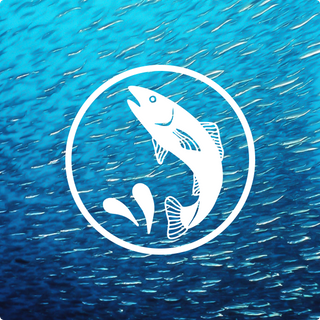
Responsibly Harvested Seafood
Our wild fish come from abundant populations in Alaska (sockeye), the Salish Sea (pink salmon) and Spain’s Bay of Biscay (Atlantic mackerel and anchovies). Guided by experts at groups including Wild Fish Conservancy and Good Fish Foundation, we’ve put in years of research to develop our responsible sourcing practices. We only work with thriving fisheries that use techniques, location or timing to minimize bycatch.
We farm seafood, too—specifically mussels, for their outsize contributions to ocean health. These small but mighty bivalves improve the quality of the water around them, filtering out excess nutrients that can harm other marine life. Their clustered shells provide habitat for a range of other sea creatures, increasing ocean biodiversity.
They also have a much lower carbon footprint than land-based feedlot meat, even when farmed on a large scale--making mussels a truly renewable source of protein. All of our seafood projects support small, traditional fishing communities dedicated to preserving ocean resources for generations to come.
Anchovies, schooling by the thousands. Photo: Alamy
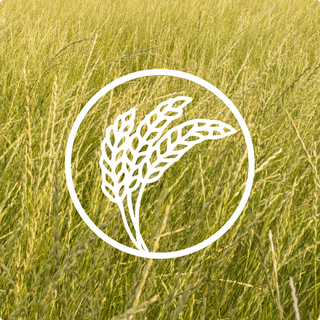
Regeneratively Farmed Grains
After decades of toxic industrial agriculture, we need farming practices that work with nature instead of against it. That’s why we co-founded the Regenerative Organic Alliance (ROA) in 2017. The ROA’s Regenerative Organic Certification®, the most rigorous agricultural standard in the world, protects the health of the entire farm ecosystem—from microscopic organisms in the soil to farm animals and farm workers. As of December 2023, the ROA had certified more than 5 million acres globally.
Our first Regenerative Organic Certified (ROC) crop is Kernza, a wheatlike perennial grain that builds topsoil. We use it to brew our Kernza Lager, partnering with 11 different breweries and counting. ROC Kernza also gives our pasta its nutty, warm flavor. So far we’ve transitioned 170 acres of organic farmland to ROC, and are laying the groundwork for ROC Wheat, for both pasta and crackers.
A thriving field of Kernza in Minnesota. Photo: Amy Kumler
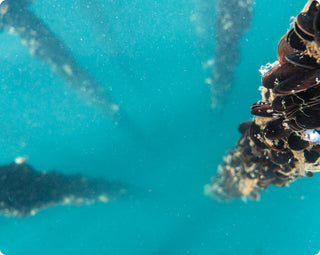
Mussel Power
Cultivated off the coasts of Chile, Portugal and Spain, our mussels naturally improve the quality of the water around them as they grow, providing a model of restorative ocean aquaculture.
More About Our Work
We partner with these like-minded groups on a regular basis.
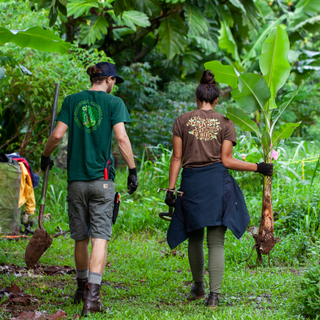
Patagonia Action Works
Through Patagonia Action Works, we use our 1% For the Planet Fund (above) to provide grants to grassroots activists working in the fields of regenerative agriculture and food equity. Our grantees include The Bread Lab in Washington’s Skagit Valley and the Booker T Washington Center in San Francisco, a Black community center with a flourishing farmer’s market that supports Black farmers and is free for anyone in need.
Working in the Kahanu Garden at the National Tropical Botanical Garden on Kaua’i. Photo: Amy Kumler

